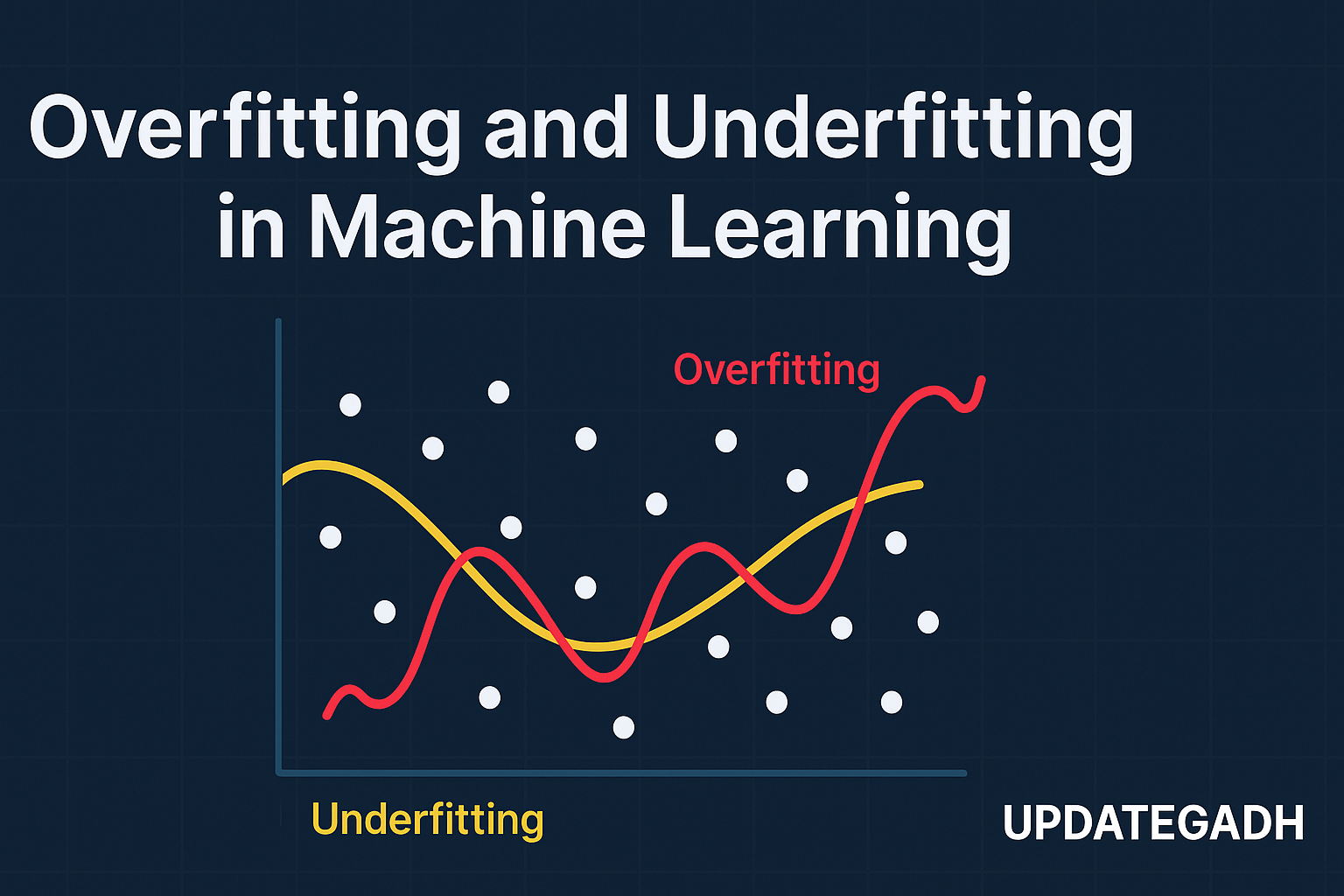

How to Building Career in Data Science: Student’s Guide
Table of Contents
Building a Career in Data Science: A Student’s Guide
Data Science has emerged as one of the most sought-after career paths in recent years. With the explosion of data in every industry, the demand for skilled data scientists is growing rapidly. If you’re a student looking to build a career in this exciting field, this guide will provide you with a step-by-step roadmap to help you navigate your journey.
1. Understand the Basics of Data Science
- What is Data Science?: Begin by understanding what data science is. It’s a multidisciplinary field that combines statistics, computer science, and domain expertise to extract insights from data.
- Core Components: Familiarize yourself with the key components of data science, including data collection, data preprocessing, data analysis, machine learning, and data visualization.
2. Develop a Strong Foundation in Mathematics and Statistics
- Mathematics: Focus on building a strong foundation in linear algebra, calculus, and probability theory. These mathematical concepts are essential for understanding algorithms and models in data science.
- Statistics: Learn about statistical methods, including hypothesis testing, regression analysis, and descriptive statistics. These are crucial for analyzing data and making informed decisions.
3. Learn Programming Languages
- Python: Start with Python, the most popular language in data science. It has a rich ecosystem of libraries like NumPy, Pandas, Matplotlib, and Scikit-learn, which are essential for data manipulation, analysis, and machine learning.
- R: R is another language widely used in data science, especially for statistical analysis and data visualization.
- SQL: Learn SQL for querying databases. It’s a must-have skill for data scientists to extract and manage data stored in relational databases.
4. Get Hands-On with Data
- Datasets: Work with open-source datasets available on platforms like Kaggle, UCI Machine Learning Repository, and government databases. Practicing on real-world data is crucial for building your skills.
- Projects: Start small by working on projects that involve data cleaning, analysis, and visualization. Gradually move on to more complex projects involving machine learning and predictive modeling.
5. Learn Machine Learning Algorithms
- Supervised Learning: Understand algorithms like linear regression, decision trees, random forests, and support vector machines. These are used for tasks like classification and regression.
- Unsupervised Learning: Explore clustering techniques like K-means and hierarchical clustering, as well as dimensionality reduction methods like PCA (Principal Component Analysis).
- Deep Learning: If you’re interested in more advanced topics, delve into deep learning frameworks like TensorFlow and PyTorch. Start with neural networks and move on to convolutional neural networks (CNNs) and recurrent neural networks (RNNs).
6. Master Data Visualization
- Tools: Learn how to use data visualization tools like Matplotlib, Seaborn, and Plotly in Python. Tableau and Power BI are also popular tools in the industry.
- Storytelling with Data: Develop the ability to tell compelling stories with data. Effective data visualization helps in communicating insights clearly and persuasively.
https://updategadh.com/how-to/linkedin-profile/
7. Build a Portfolio
- Projects: Document your projects on platforms like GitHub. Include a variety of projects that showcase your skills in data cleaning, analysis, machine learning, and visualization.
- Kaggle Competitions: Participate in Kaggle competitions. These provide a great opportunity to apply your skills, learn from others, and get noticed by potential employers.
- Blogging: Write about your projects and learning experiences on a blog or LinkedIn. This demonstrates your knowledge and helps build your personal brand.
8. Internships and Real-World Experience
- Internships: Apply for internships or part-time positions in data science. Real-world experience is invaluable and helps you understand industry practices and challenges.
- Freelancing: Consider freelancing on platforms like Upwork or Fiverr. It’s a great way to work on diverse projects and build your resume.
Real World Projects :-

9. Networking and Community Involvement
- Networking: Attend data science meetups, webinars, and conferences. Networking with professionals in the field can open doors to job opportunities and collaborations.
- Community Engagement: Join online communities like Reddit’s r/datascience, Data Science Central, and LinkedIn groups. Engaging with the community helps you stay updated on the latest trends and practices.
10. Continuous Learning and Upskilling
- Courses and Certifications: Enroll in online courses and certifications from platforms like Coursera, edX, and Udacity. Popular courses include those offered by IBM, Google, and Stanford University.
- Stay Updated: Data science is a rapidly evolving field. Stay updated with the latest tools, techniques, and research papers. Following blogs, podcasts, and newsletters can help you stay ahead.
- Complete Python Course : Click here
- Free Notes :- Click here
- New Project :-https://www.youtube.com/@Decodeit2
- How to setup this Project Complete video – Click here
11. Job Search and Career Development
- Resume and LinkedIn Profile: Tailor your resume and LinkedIn profile to highlight your data science skills and experience. Use keywords that align with the job descriptions you’re targeting.
- Interviews: Prepare for technical interviews by practicing coding challenges on platforms like LeetCode, HackerRank, and InterviewBit. Familiarize yourself with common data science interview questions.
- Career Pathways: Explore different career pathways in data science, such as data analyst, machine learning engineer, data engineer, or business intelligence analyst. Each role has its own focus and required skill set.
12. Explore Job Roles in Data Science
Here’s a table that lists common job roles in data science, along with their key responsibilities and required skills:
| Job Role | Key Responsibilities | Required Skills |
|---|---|---|
| Data Analyst | Analyze data to provide actionable insights, create reports, and visualize data trends. | SQL, Excel, Data Visualization, Statistics |
| Data Scientist | Develop models to predict trends, analyze complex data, and work on machine learning. | Python/R, Machine Learning, Statistics, Data Manipulation |
| Machine Learning Engineer | Implement and deploy machine learning models, optimize algorithms for production. | Python, TensorFlow/PyTorch, Algorithm Optimization, Software Dev |
| Data Engineer | Design, build, and maintain data pipelines and architectures. | SQL, Python/Scala, ETL Processes, Data Warehousing |
| Business Intelligence Analyst | Create dashboards, generate business insights, and help in decision-making. | SQL, Power BI/Tableau, Business Acumen, Data Analysis |
| Data Architect | Design and manage data storage solutions, ensure data integrity and security. | SQL, NoSQL, Database Design, Cloud Computing |
| AI Research Scientist | Conduct research on AI algorithms, develop new models, and publish findings. | Deep Learning, Python, Research Methodology, Mathematics |
| Statistician | Apply statistical methods to solve real-world problems, analyze experimental data. | R/Python, Statistics, Experimental Design, Data Analysis |
| Data Visualization Specialist | Create visual representations of data to communicate complex information clearly. | Tableau/Power BI, Data Storytelling, Graphic Design, SQL/Python |
Conclusion
Building a career in data science requireshttps://updategadh.com/interview-question/technical-interview-tips/ dedication, continuous learning, and hands-on experience. By following this step-by-step roadmap, you’ll be well on your way to becoming a successful data scientist. Remember, the journey is as important as the destination, so enjoy the process of learning and growing in this exciting field.
| what characteristic may make you likely to pursue a career in data science? |
| how to start a career in data science |
| build a career in data science |
| how to start career in data science |
| career in data science salary |
| build a career in data science pdf |
| how to start a career in data science with no experience |
| starting a career in data science |
| how to get a career in data science |
| what characteristic may make you likely to pursue a career in data science |
| a career in data science |
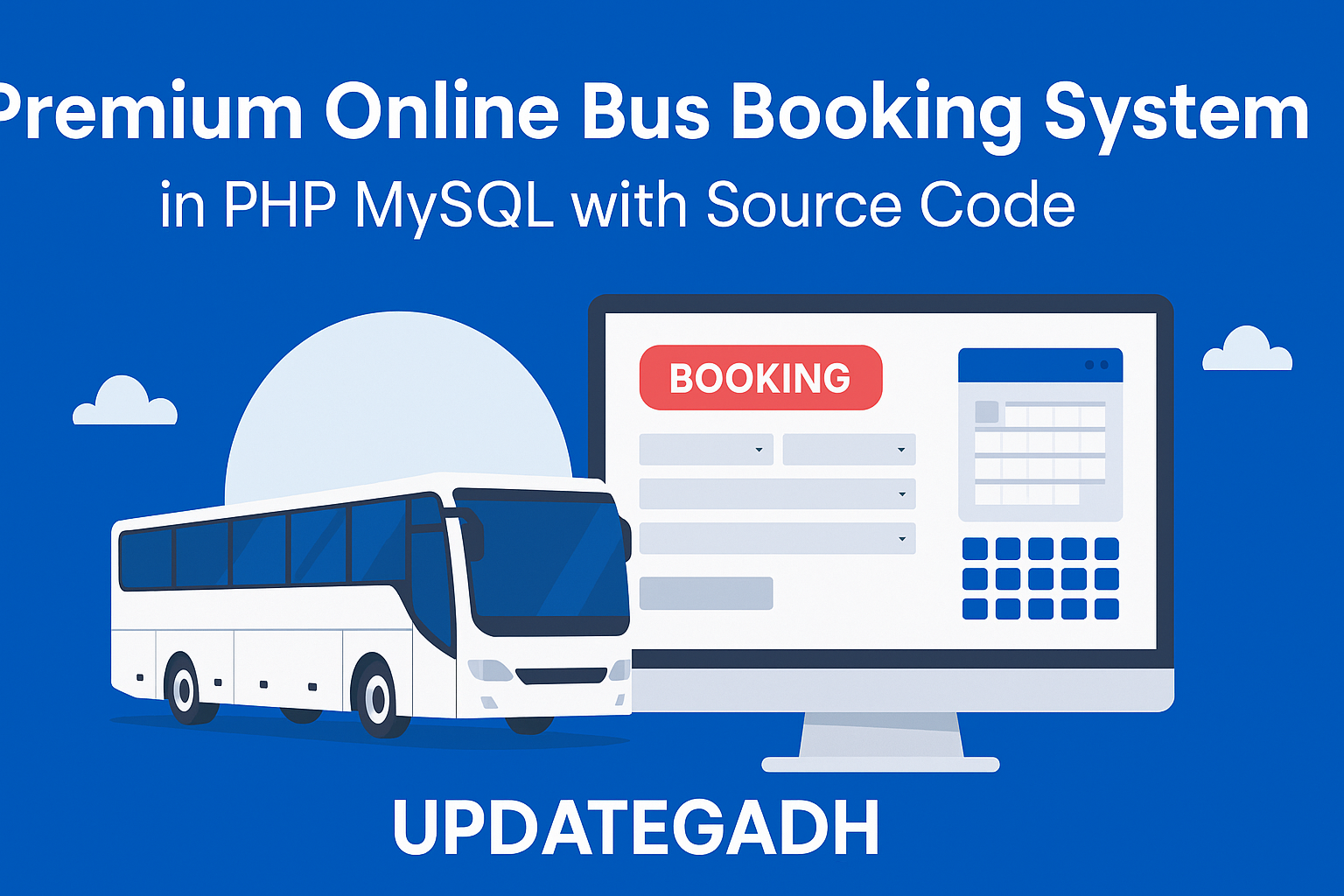
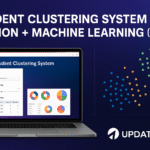
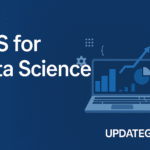
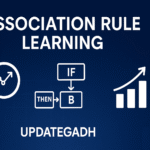
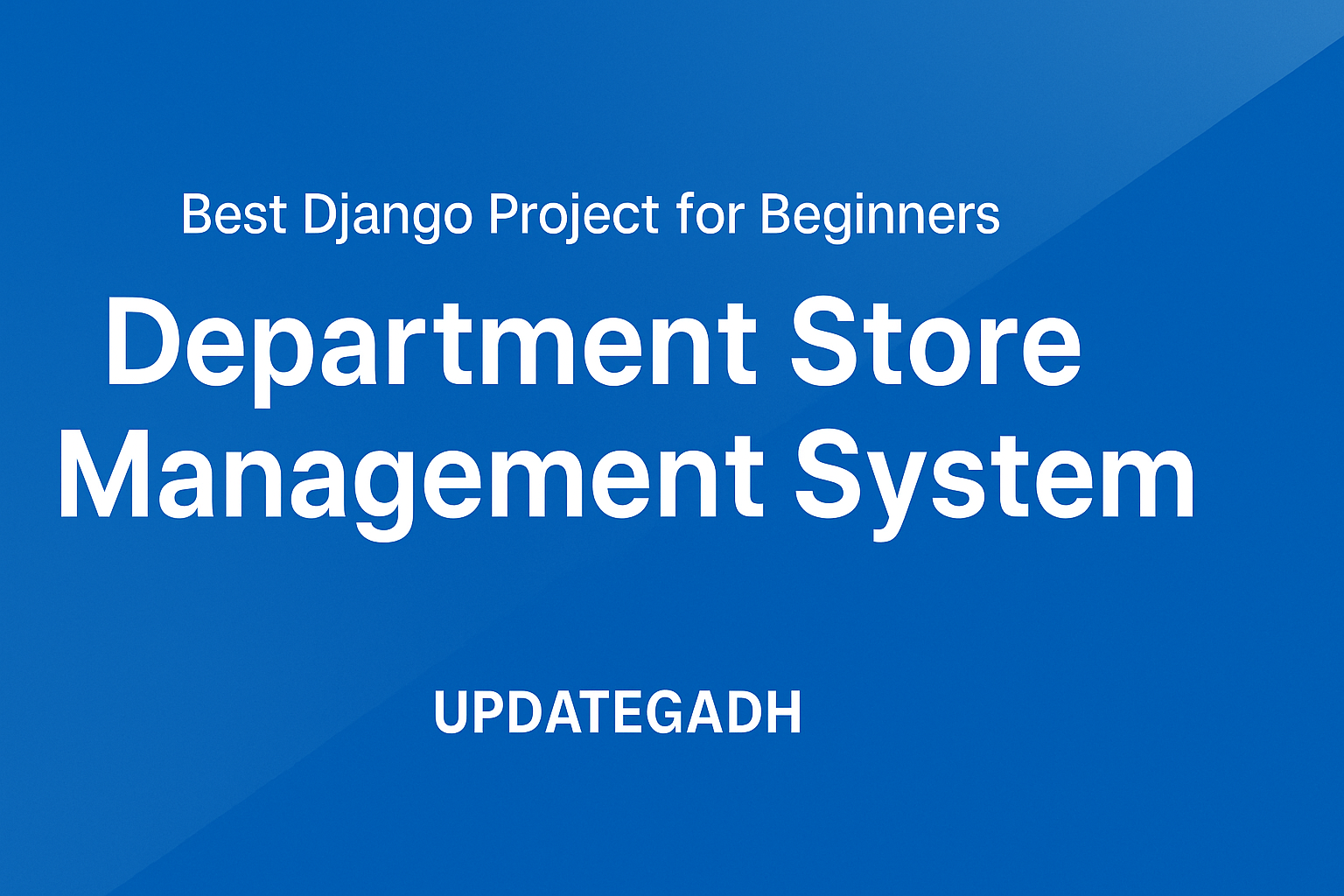
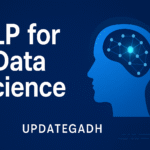
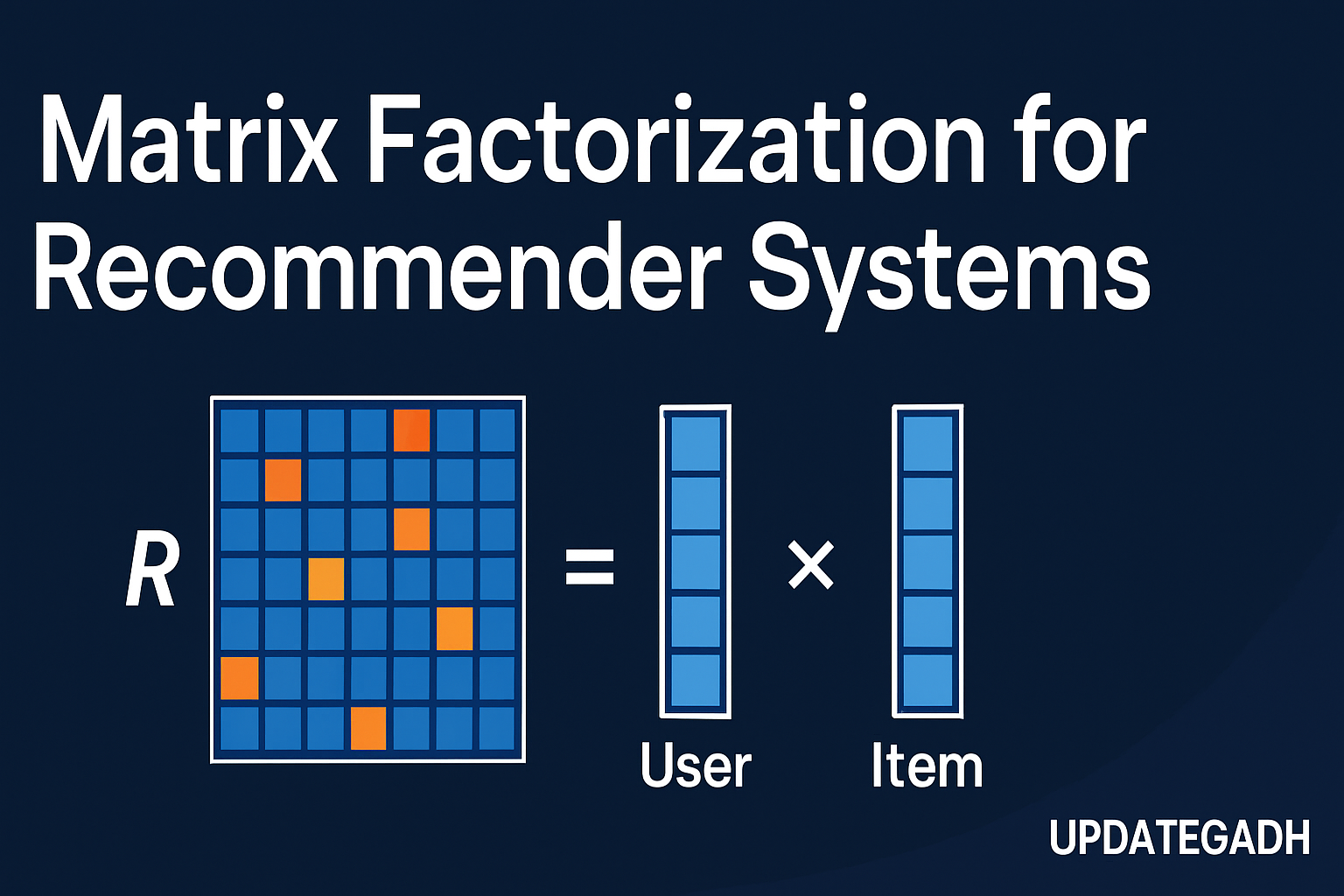

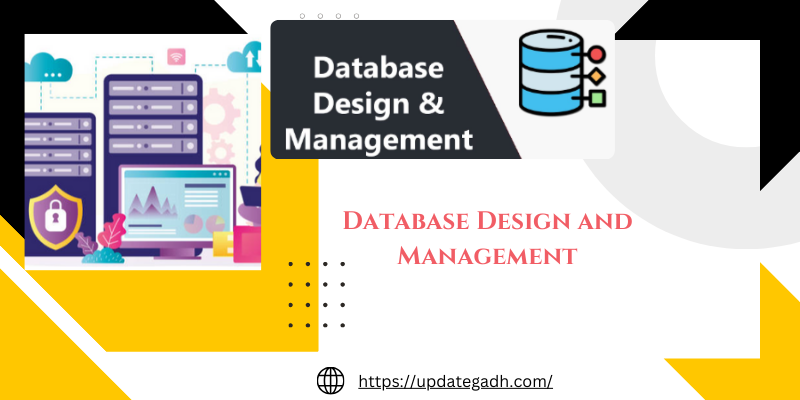

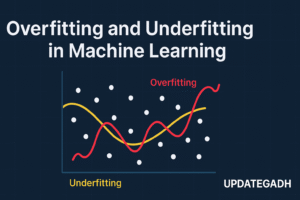

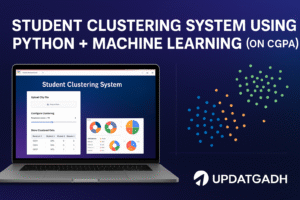
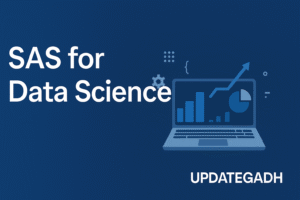


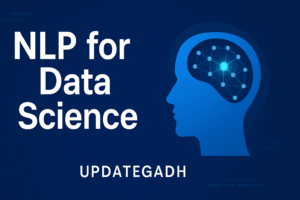
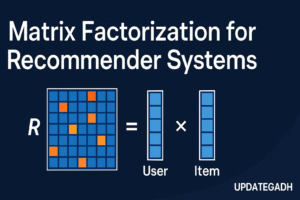

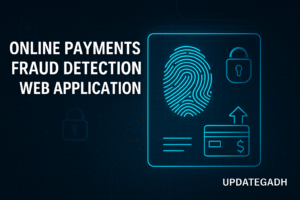
2 comments